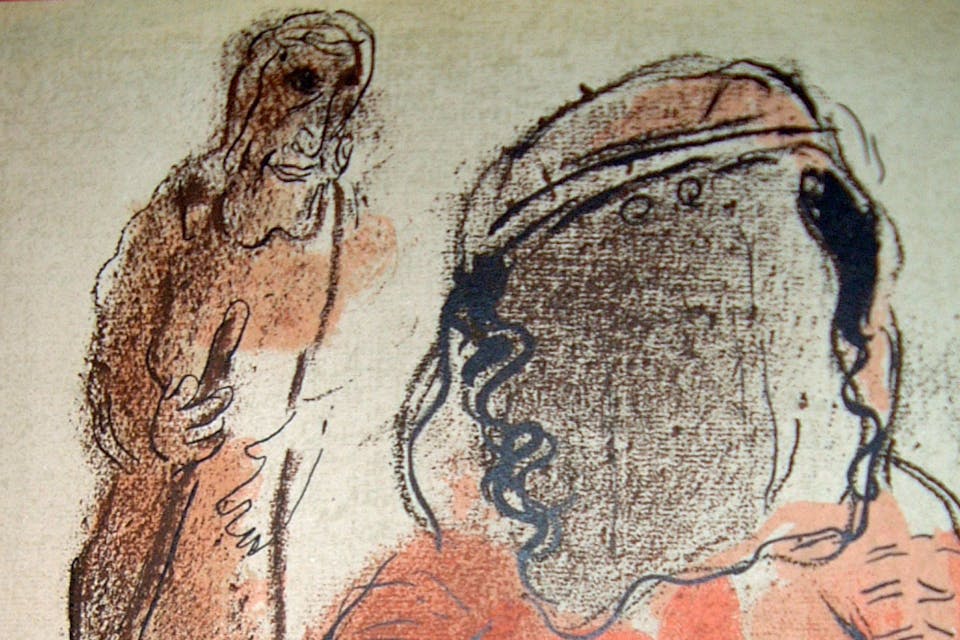
December 22, 2016
Which is Better: to Be Righteous, or to Be Quick to Sin and Quick to Repent?
The story of Joseph sets up two archetypes: the righteous dreamer (Joseph) and the flawed but penitent sinner (his brother Judah). Both have a place in the tradition, but one is preferred.
In the final chapters of Genesis, where this week’s reading of Vayeshev (37:1-40:23) plays a pivotal part, the stories of the patriarchs reach a dramatic crescendo with the extended Joseph narrative.
Very briefly: Joseph’s preening dreams of superiority, and the fact that his father clearly favors him over his ten older brothers, have made him the object of their burning jealousy and resentment. They get their revenge by selling him into slavery. Purchased by an Egyptian nobleman, Joseph undergoes a series of exploits and mishaps that culminate in his being appointed Pharaoh’s vizier and grain-czar. When his brothers, suffering a regional famine, come to Egypt to buy food, they encounter but do not recognize him in his majesty. Concealing his identity and subjecting them to elaborate hazing, he finally reveals himself, and they reconcile happily.
Throughout his life, Joseph the dreamer understands the bigger picture in a way that others around him cannot. It is this enchanted status that first stirs his brothers’ animosity. In the rabbinic tradition, he is known as “Joseph the Righteous”—emphasizing the way in which he stays true to his convictions and withstands temptation even in the depths of Egyptian imprisonment. In the biblical text itself, however, it is not so much piety as serendipity that appears to shape his life. Things keep working out for him, even after he is enslaved and then imprisoned. But it is not just a matter of luck, either: his dramatic progression—from favored son, to lowly servant, to Egyptian grandee—suggests something remarkable about his personality.